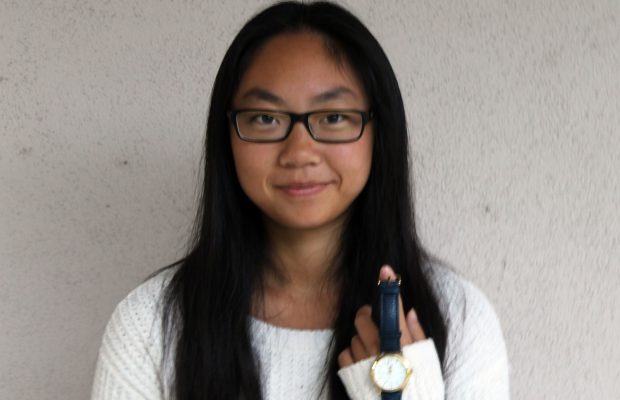I have to meet my future self

In typical procrastinator fashion, 40 minutes passed between me opening this Google doc and me writing the first word.
The funny thing is it never feels that long…so either I’m moving much slower than the speed of light or I just really want to avoid doing the inevitable.
Some say time flies when you’re having fun, but I think time flies whenever you do something you don’t want to do, regardless of whether it’s fun or not.
Exhibit A: sometimes I just stare into space with absolutely no thoughts running through my head just to ignore stuffing way too many thoughts into my head.
So why do I procrastinate?
Science thinks that it has something to do with how I perceive my future self. On this year’s PSAT (which I waited until the day before to study for), one of the passages discussed a study with the conclusion that people see themselves in the future as distinct from themselves in the present.
Just as horses think their reflection in a mirror is a different horse, we think ourselves in the future are not actually us, so we treat them as such.
It comes as no surprise that we don’t actually treat others the way we want to be treated, despite the Golden Rule being monotonously repeated to us as children.
Now, it seems as though the Golden Rule needs to be altered as a measure against procrastination: Treat others and your future-self the way you want your present-self to be treated.
Of course I’ve never thought of procrastination in this way, but it does eerily apply to my life.
Whenever I’m assigned a task to complete, I always say, “Oh that’s a problem for Future Clare.” Then when it gets to the time to do the work, I forget that I am now “Future Clare” whose problem it is to do the assignment.
So once again I say, “That’s a problem for Future Clare,” and the cycle continues to repeat over the course of several days, dragging a half-hour task into a two-day task.
I’ve subconsciously realized a separation between me now and me in the future, so I subconsciously don’t consider all the consequences of my actions that would affect me in the future– the same way people don’t fully comprehend the effects their actions have on those around them.
Luckily, science has come up with a solution for us. The PSAT study also found that people who were shown a noticeably aged picture of themselves were much less reckless with their decisions that directly affected their future.
Evidently, literally seeing our future-selves can partially bridge the gap we inherently feel between ourselves now and ourselves in the future.
In order to mitigate procrastination, either find a photoshopped picture of yourself or…time travel is the solution.

